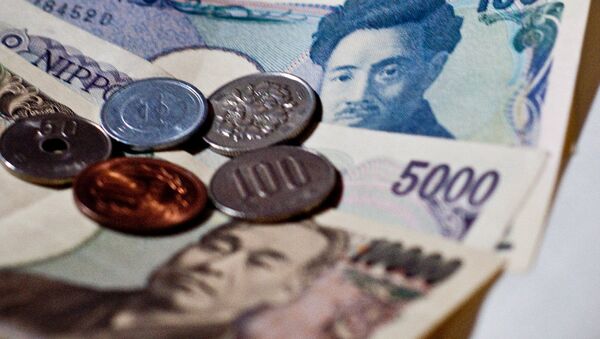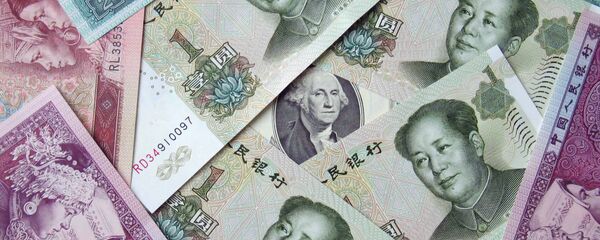MOSCOW (Sputnik) — The session of the National People’s Congress (NPC) that begins Thursday is unlikely to have significant impact on global currency and stock markets, but a possible decrease of China’s economy growth and devaluation of the Yuan carry risks for the commodity markets, analysts from Russia’s Veles Capital investment company said Wednesday.
“We are not ruling out that the People’s Bank of China may use one of the few remaining ways to stimulate the economy – devaluation of the yuan,” Veles Capital analysts told RIA Novosti, adding that a decrease in forecasted growth of China’s economy below 7 percent of the country’s GDP and the devaluation of Yuan “are bad news for commodity markets.”
According to Veles Capital the Yuan devaluation will have an especially significant negative effect on steel-makers.
Their colleague from “Upravleniye Sberezheniyami’ (Savings Management) company believes it would be hard for China to maintain its economic growth for a long time without having to devaluate its national currency against the US dollar – but Beijing is likely to avoid any risky steps.
“The decisions [China] will make [regarding its national currency] are most likely to be non-aggressive but conservative so as not to disturb its trade partners,” Alexander Potavin said.
Andrey Vernikov, Deputy Director General for Zerich Capital Management also believes that the NPC session is unlikely to have serious effects on global markets.
“Oil prices are unlikely to change – it is known that China tries to avoid the decrease of its annual GDP growth below the level of 7 percent. All the infrastructure projects that are being launched in China today serve this aim,” Vernikov stressed.
The NPC is the national legislature of China. On Thursday, March 5 more than 2,900 Chinese lawmakers will gather for a 10-day-long annual session of the NPC in Beijing. The session is to begin with a report on the work of China’s government by the Premier of the State Council of China, Li Keqiang.


